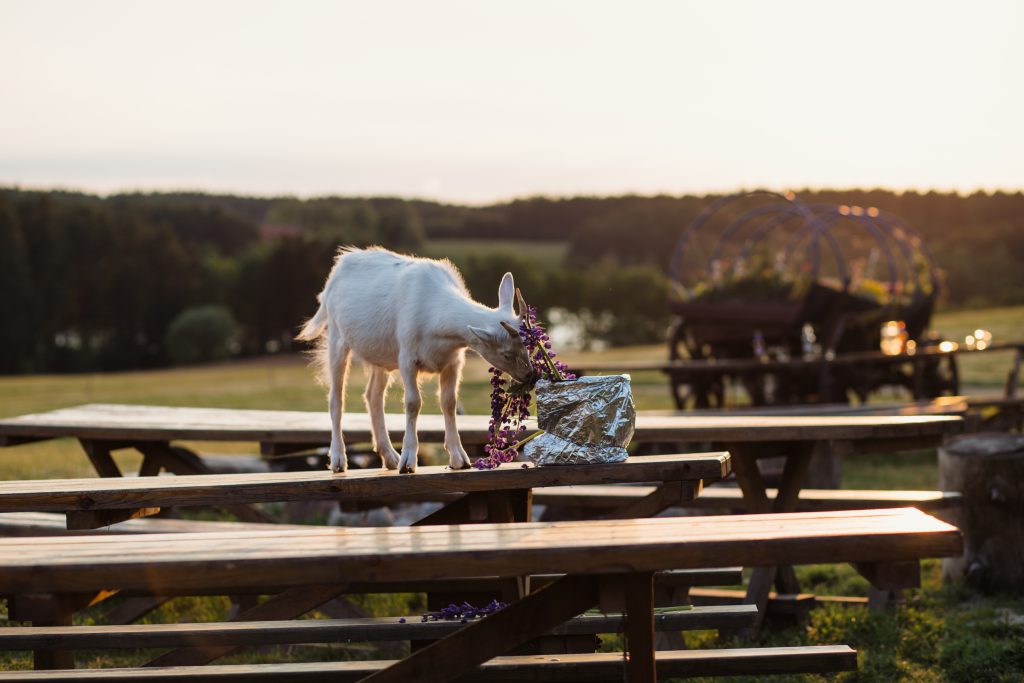One of the most famous Victorian gardens in Britain is Kew Gardens, which was established in the early 19th century and has since become a world-renowned botanical garden. Kew Gardens is home to a vast array of plants, trees, and flowers from around the world, as well as a series of ornate glasshouses and conservatories that showcase the diversity of plant life on Earth.One of the key benefits of having houseplants in our homes is their ability to improve air quality. Plants naturally remove toxins from the air through a process called photosynthesis, where they take in carbon dioxide and release oxygen. This can help to reduce the levels of harmful chemicals such as formaldehyde, benzene and trichloroethylene, which are commonly found in indoor environments due to household products and pollution. By having a variety of houseplants in your home, you can create a healthier and cleaner living space for you and your family.In addition to their air-purifying and mood-boosting benefits, houseplants can also enhance the aesthetic appeal of our homes. With a wide variety of shapes, sizes and colours to choose from, houseplants can be used to add a touch of greenery to any room, whether it be a small succulent on a windowsill or a large fiddle-leaf fig in a corner. Plants can also be used to create focal points and add interest to a space, transforming blank walls and empty corners into vibrant and inviting areas that reflect our individual style and personality.In conclusion, the history of garden design in Britain is a testament to the enduring power of nature and the human desire to create beauty and order in the world around us. From the formal gardens of the Tudor era to the wild landscapes of the Romantic period, the evolution of garden design in the Personalised Gifts Uk has been shaped by a diverse range of influences and continues to inspire and delight us to this day.Lastly, consider the size of your space and the amount of care you are willing to put into your plants. Some houseplants require more maintenance than others, so it’s important to choose plants that fit your lifestyle and space constraints. If you have a busy schedule or tend to forget to water your plants, opt for low-maintenance varieties like succulents or snake plants.Furthermore, tropical houseplants can help to create a more comfortable indoor environment by increasing humidity levels. Many tropical plants release moisture into the air through a process called transpiration, which can help to prevent dry skin, sore throats, and other symptoms of low humidity.3. Spider Plant: One of the easiest houseplants to care for, the spider plant is known for its long, arching leaves and ability to purify the air. It does well in a range of light conditions and only requires occasional watering.4. Fertilizer: During the growing season, tropical houseplants benefit from regular feeding with a balanced fertilizer. Be sure to follow the instructions on the fertilizer packaging and avoid over-fertilizing, which can harm your plants.The Tudor era is often regarded as the starting point for formal garden design in Britain. Influenced by Italian Renaissance gardens, Tudor gardens were characterized by their symmetrical layouts, geometric patterns, and elaborate topiary. These gardens were often seen as extensions of the grand estates on which they were located, serving as status symbols for their wealthy owners.4. Increased productivity: Having plants in your workspace has been shown to increase productivity and creativity. Plants can help create a more relaxed and inviting environment, leading to better focus and motivation.Houseplants have become increasingly popular in recent years, with many people recognising the numerous benefits they bring to both our homes and our well-being. From improving air quality to boosting mental health, the humble houseplant is a simple yet effective way to add a touch of nature to our indoor spaces.2. Light: As mentioned earlier, different houseplants have different light requirements. Make sure to place your plants in an area of your home that receives the appropriate amount of light for their specific needs. If your plants aren’t getting enough light, consider investing in a grow light to supplement their natural light.Today, garden design in Britain continues to evolve, with a growing emphasis on sustainability, biodiversity, and the integration of technology into garden spaces. Urban gardening has become increasingly popular in recent years, as city dwellers seek to reconnect with nature and create green spaces in their communities. The Victorian era saw a return to more formal garden design in Britain, as the Industrial Revolution brought advances in technology that allowed for the creation of elaborate and ornate gardens. The Victorian garden was a reflection of the period’s obsession with order and control, with an emphasis on symmetry, structure, and meticulous attention to detail.
The Victorian era saw a return to more formal garden design in Britain, as the Industrial Revolution brought advances in technology that allowed for the creation of elaborate and ornate gardens. The Victorian garden was a reflection of the period’s obsession with order and control, with an emphasis on symmetry, structure, and meticulous attention to detail.